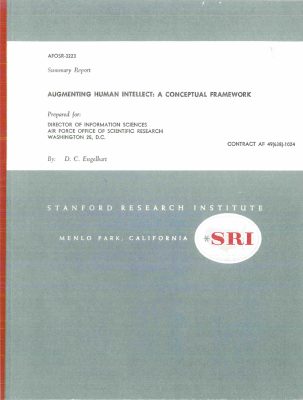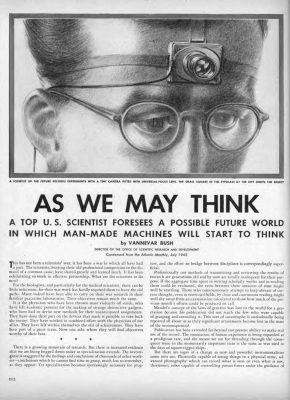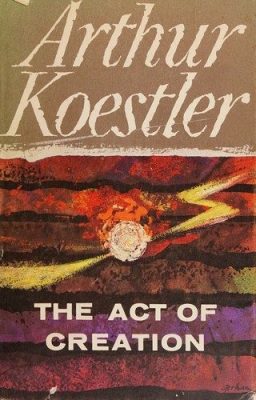Artifacts
A human-centered framework for growing ideas
Nikolas Klein, Christoph Labacher and Florian LudwigSummary
Artifacts is a human-centered framework for developing ideas over time. It’s built around documents as units of meaning — not just containers for data, but spaces for expressing complex, evolving thoughts in the way humans naturally think, associate, and connect ideas.
Computers can be tools for thinking. They can help us shape ideas, map relationships, and work through ambiguity. Artifacts explores what it would look like if a system were designed from the ground up to support that process. Instead of folders and files, it offers workspaces where documents remain open across time, and cards that combine content types like text, timelines, to-do lists, references, and media — whatever suits the idea best.
Documents are loosely structured, organized through tags and context-aware filters that adapt to your current focus. The system actively supports reflection, connection-making, and collaboration — helping individuals and teams turn fragmented thoughts into living, navigable networks of meaning.
Digital tools can have a great impact on the way humans think. Based on Douglas Engelbart’s vision of »Augmenting Human Intellect« the goal is to offer humans a tool that augments their mental capabilities by opening up new ways of thinking and enables them to solve moreand more complex problems, which they could not have solved before Nikolas Klein, Christoph Labacher and Florian Ludwig
Key concepts
- Documents as units of meaning Different ideas call for different forms of expression — text, sketches, images, audio, or a mix. But when thoughts are split across formats and folders, they become fragmented. In Artifacts, each document represents a single idea and can include any combination of media. This keeps the thought intact, letting you express it fully while keeping everything in one place.
- Organizing without hierarchies Traditional folder hierarchies are rigid and slow. They discourage lateral thinking and make cross-connections hard. Artifacts replaces them with tags and metadata, allowing you to organize documents in flexible, meaningful ways — and to view them in any context where they’re relevant.
- Supporting work through context The system is aware of what you’re working on — what’s open, what you’ve looked at, where you are. It uses that context to help you stay oriented, suggest related materials, and surface useful information from your collection or beyond. The result is a workspace that actively supports your train of thought.
- Collaboration as a core function Collaboration is built in, not bolted on. You can share and co-edit documents in real-time, making it easy to develop ideas with others as part of your natural workflow. It’s a space where collective creativity can unfold without friction.
Artifacts proposes a rethinking of how we work with digital information — one grounded in meaning, not data. By centering thought instead of file structure, and supporting expression across time, media, and collaborators, it offers a framework for digital creativity that aligns with how humans actually think, connect, and create.
This idea was originally developed as the thesis Artifacts. The project is available at artifacts.fyi, alongside project materials and further information.
Big Idea Initiative is all about making connections, and sharing knowledge, thoughts, and ideas that support deep thinking and collaboration. Our goal is to create a space that sparks thinking and conversations among people whose ideas might benefit each other, even if they’re working on completely unrelated topics. We think that pushing back the limits of possibility will come as a result of the connections that diverse collaborators make together. Identifying these connections will bring the big ideas our world needs.
We need your help! If you…
- have questions or feedback about this work
- want to improve, develop, or add to this idea
- want to sponsor a prototype of this idea
we invite you to contact us: hello@bigideainitiative.org.


